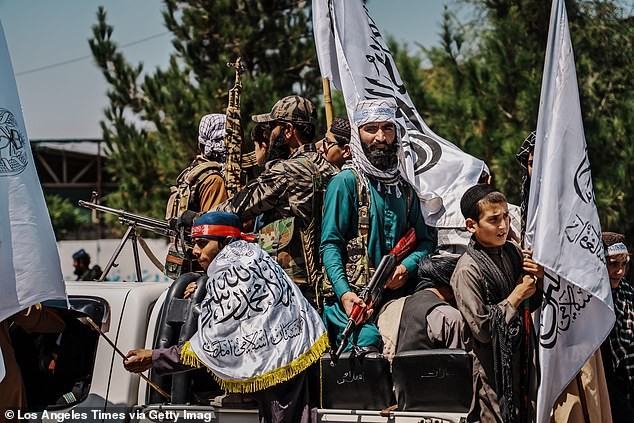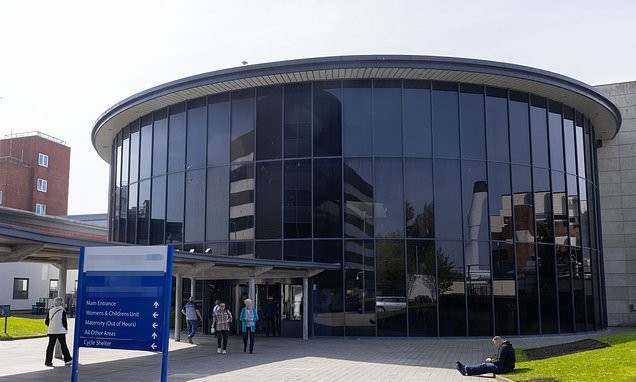Taliban commander’s nephew granted asylum in the UK, with seven relatives allowed to join from Turkey — and none speak English
An immigration judge has ruled that a Taliban commander's nephew, already granted refugee status in Britain, can be joined by seven relatives currently living in Turkey. None of the relatives speaks English, and the tribunal warned their move would place a 'significant burden upon the public purse.' Yet the family says they have 'no options' and cannot return to Afghanistan, a reality that underscores the tension in Britain's asylum policy.

In This Article:
S’s UK asylum history: 2016 arrival, claimed age, and PTSD
The person referred to as 'S' in the ruling arrived in Britain in 2016, claiming to be 15 years old. He was later age-assessed as 18. His uncle, described as a Taliban commander, had pressed his father to allow 'S' to 'join the jihad.' 'S' was sent to Kabul to escape his uncle, but he was stabbed by two cousins in a family dispute and fled Afghanistan. In 2018 an immigration judge granted him indefinite leave to remain after a psychotherapist diagnosed post-traumatic stress.

Afghan family’s flight to safety and a 2023 rejection in the UK
After fleeing Afghanistan, 'S's parents and three sisters traveled via Iran to Turkey, where they feared arrest and deportation back to Afghanistan. In 2023 the relatives applied to enter the UK under the right to private and family life (Article 8) but were refused. Upper Tribunal judge Gaenor Bruce later ruled the refusal was 'unjustifiably harsh' and allowed the appeals on human rights grounds. The relatives include a niece and another nephew as part of the seven people seeking to join 'S' in Britain.

The judge’s reasoning: reunification over cost, with a clear humanitarian case
During the hearing, the relatives’ lawyer argued that the sisters face threats of forced marriage if they stay in Afghanistan, while their father faces retaliation from his brother. One sister had married an Afghan man in Turkey; they split after he beat her, and he was later deported. The family has limited finances: some relatives work illegally in Turkey washing dishes to support their housebound diabetic parents, and the father has undiagnosed seizures. An expert said 'S' is constantly re-triggered by worry for his family and cannot work due to distress. The tribunal noted that allowing the family to settle in the UK would place a significant burden upon the public purse, but concluded that reunification was essential: "Only by being reunited with them will he be able to recover and live a meaningful existence."

Policy context: government pause on refugee family reunion and possible appeal
The ruling comes amid a broader push by ministers to curb refugee family reunification. Earlier this month the Government announced a temporary suspension of new applications for the scheme as it seeks to address pressures on local authorities and public services. A Home Office spokesman said the pause was to relieve pressure and that the department may lodge an appeal against the judgment. The decision highlights the clash between humanitarian concerns and stricter asylum controls in Britain today.


